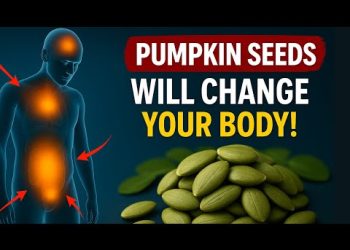Introduction to Healthy Eating
In the ever-evolving landscape of health and nutrition, making informed food choices is pivotal not only for immediate benefits but also for long-term health and longevity. Understanding the science behind our dietary choices can empower us to make decisions that support our overall well-being, a focus embraced by experts like Dr. Casey Means and Dr. Andrew Huberman.
The Role of Diet in Health
Diet plays a crucial role in determining how we feel, perform, and even how long we live. Poor dietary choices can lead to a myriad of health issues, including obesity, diabetes, and cardiovascular diseases. Dr. Means emphasizes the importance of adopting a diet that helps manage these risks and supports metabolic function.
The Science of Nutrition
Understanding the core principles of nutrition is fundamental. This involves recognizing the balance between macronutrients such as carbohydrates, proteins, and fats and ensuring each plays an essential role in our diet. Dr. Huberman notes how these components affect brain function and energy levels, crucial for day-to-day activities.
Impact of Processed Foods
Processed foods are convenient but often detrimental to health. They typically contain high levels of sugars, unhealthy fats, and preservatives, which can disrupt our metabolism. Dr. Means advises reducing the intake of these foods, opting instead for whole, unprocessed options whenever possible.
The Importance of Vegetables and Fruits
Fruits and vegetables are powerhouses of essential nutrients and antioxidants, which help combat oxidative stress and inflammation. Dr. Huberman highlights that a diet rich in these foods can improve mood, cognition, and immune function, making them indispensable for a balanced diet.
Hydration and Its Benefits
Water is fundamental for maintaining optimal health. Staying well-hydrated can improve energy levels, enhance concentration, and support digestion. The experts suggest aiming for adequate water intake daily, reinforcing its importance alongside a nutritious diet.
Understanding Food Labels
Navigating food labels is an essential skill that can aid in making healthier choices. Dr. Means encourages consumers to be mindful of sugar content and artificial additives listed on packaging, which often disguise themselves in various forms.
The Psychological Aspect of Eating
Eating doesn’t just serve a physical purpose; it also affects us psychologically. Dr. Huberman discusses how mindful eating practices can reduce stress and enhance enjoyment, stressing the importance of being present during meals.
Flexibility in Dietary Plans
Rigid diets can be unsustainable and challenging to maintain. Dr. Means points out that making gradual and flexible dietary changes can help build lasting habits, encouraging a more individualized approach to nutrition that fits personal preferences and lifestyle.
Conclusion: Building a Sustainable Diet
Ultimately, the key to a healthy diet is one that can be sustained over time, providing the energy and nutrients necessary to thrive. By focusing on whole foods, staying hydrated, and practicing mindful eating, as suggested by Dr. Casey Means and Dr. Andrew Huberman, individuals can boost their health and longevity effectively.











